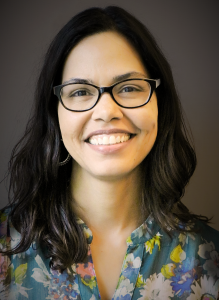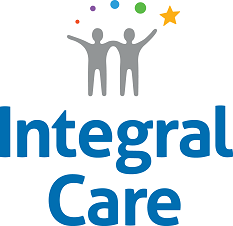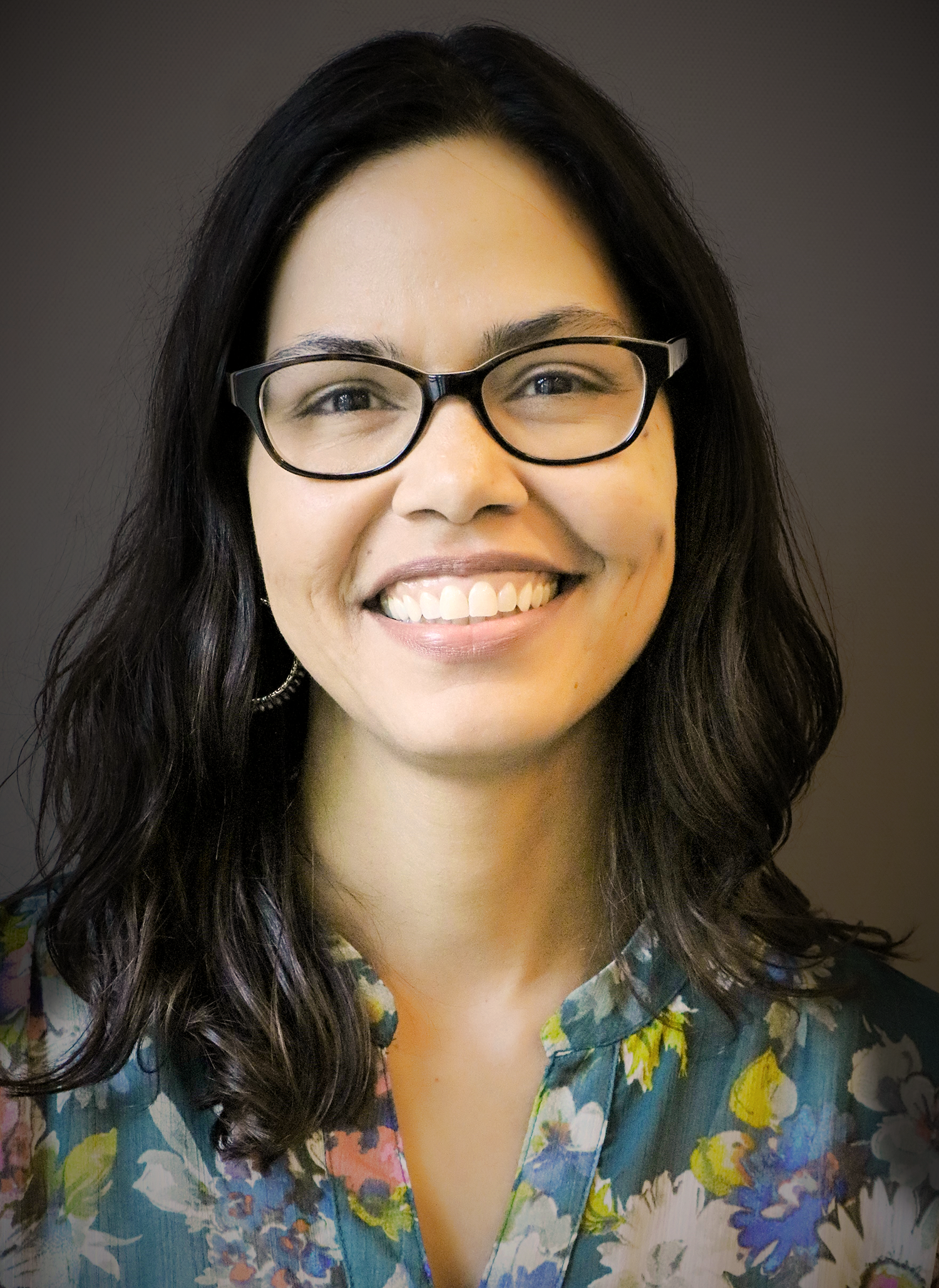We recently met with Ruth Ahearn, LMFT at our Dove Springs Clinic, where she is Community Rehabilitation and Treatment Program Manager with the Healthy Community Collaborative.
 Tell us about your role at Integral Care.
Tell us about your role at Integral Care.
I am one of three Program Managers for the Healthy Community Collaborative. I manage the Rehabilitation Specialists on the Community Recovery Team – ten Rehabilitation Specialists, an LPHA (Licensed Practitioner of the Healing Arts) Team Lead, and a new site based case manager at the Oak Creek Apartments.
What does the Community Recovery Team do?
We work with people in their homes and in the community, visiting a minimum of once weekly. The people served by our team are individuals who were homeless and now live in permanent supportive housing. In addition to a home, we provide mental health care, supportive employment and training in living skills.
What are some opportunities you see in your position?
Although the Healthy Community Collaborative program has been around for a few years, it’s relatively young. We are always finding new ways to engage the community, the chronically homeless population, and to build new relationships with other homeless service providers – to really be innovative in providing services. For example, the Oak Creek position is a brand new relationship that we’re forging with the Ending Community Homelessness Coalition. We’ll have a Case Manager housed at that apartment complex to work with veterans and families that live there as well as a peer support specialist. It’s something we’ve never done before. It always keeps me engaged being in a program where we can come up with something new.
In the two and a half years that I’ve been in this program, I’ve enjoyed seeing how far the community really come together to make certain processes more effective, and to identify people that need our services.
What do you enjoy most about your work?
I’m fortunate to work in a unit where we have the flexibility to try new things – both with the positions on our staff and in the way we engage our clients, who can be wary of services. I enjoy building client relationships. Our team excels at that.
It’s amazing seeing people who have been chronically homeless get housed. We even enjoy doing things like going to Wal-Mart with a client to pick out bed sheets. It’s so exciting for them.
I also enjoy supervising people – getting to build a team and be creative. It helps that we have really supportive leadership.
What are some innovative moments you’ve had in your work?
My supervisor, Christine Laguna, the Practice Manager for the Healthy Community Collaborative, and I were recently discussing what to present at a conference. What work have we been doing that’s different? One thing that’s different is the wrap-around support we provide to our clients. We’re seeing more clients that might need more intensive services. We have been able to engage these clients in different ways. Across the Healthy Community Collaborative, we have three Peer Support Specialists. Being able to have a peer step in at times to meet with clients has been amazing. We have a Supportive Employment Specialist just for our team. We have a Jail Liaison, which has been instrumental when we need to advocate for a person who may have been picked up when they were trying to get basic needs met. If we can get a client housing, income and support, we can work to minimize their time in jail. We also have a therapist now that provides counseling. We have a nurse that’s able to go into people’s homes. So we provide all of these things, but through the lens of working with the chronically homeless – and asking ourselves, “What do they need that’s a little bit different?”
We have brought people into our program who have been on the street for 20 years, and we weren’t sure they would make it until they got their apartment. Now they’ve been housed for two years! They’re working on their sobriety, they’ve got an income, and maybe they have a peer that they see weekly. That’s life-changing.
Is there anything else you’d like people to know?
I would encourage people to continue to stay informed, ask questions and be aware of who is in your community. That will include folks experiencing homelessness, who tend to be marginalized. Try to see their faces and ask yourself what their story is. Ask yourself how you can learn more about them and the community resources that serve them. Individuals experiencing homelessness are our neighbors.

